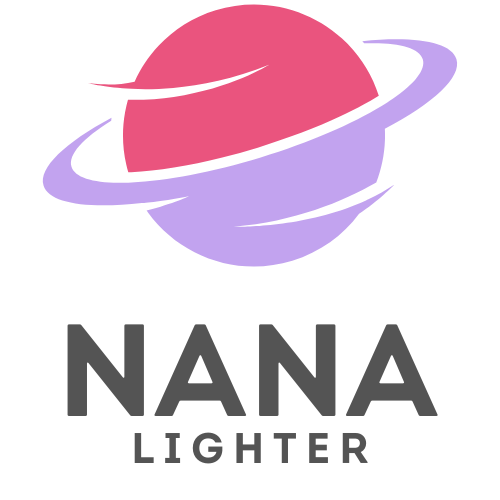Blog
Why Did the NANA Anime End Abruptly? Behind the Scenes of Its Hiatus
Why Did the NANA Anime End Abruptly? Behind the Scenes of Its Hiatus
The anime adaptation of NANA, based on the manga by Ai Yazawa, has been a beloved title among fans since its debut in the mid-2000s. Its poignant storytelling, rich character development, and exploration of love, friendship, and the struggles of youth resonated with audiences worldwide. Yet, despite its popularity, the anime concluded abruptly after just 47 episodes. This article delves into the reasons behind this unexpected ending, focusing on the health issues of its creator, the strategic decisions made by the animation studio Madhouse, and the ongoing fan efforts to revive the series.
Health Issues and the Long Hiatus
At the heart of NANA‘s abrupt ending lies the health struggles of its creator, Ai Yazawa. In 2009, during the production of the NANA manga, Yazawa experienced significant health problems that forced her to take an extended hiatus. Although she maintained momentum initially, her deteriorating health ultimately led to a standstill in the manga’s serialization in Cookie. This disruption had a cascading effect on the anime adaptation, which was left without source material to continue the story.
Fans were not only left hanging in terms of narrative—questions about the fate of beloved characters remained unanswered—but they also grew concerned for Yazawa’s well-being. It is a stark reminder of the toll that creative endeavors and health can take on an artist, leading to a loss of momentum in ongoing narratives that have captivated a large audience.
Madhouse’s Adaptation Strategy: Avoiding an Original Ending
The animation studio Madhouse, known for its high-quality productions, faced a critical decision regarding NANA‘s adaptation. It adhered to a strategy of avoiding an original ending, something that has historically been contentious within the anime community. When source material runs dry—whether due to health issues, as in this case, or other production hurdles—many studios opt to provide a concluding episode or arc that diverges from the original narrative.
However, Madhouse chose not to do this with NANA. This decision likely stemmed from the desire to honor the integrity of Yazawa’s work. By not creating an original ending, they respected the unresolved nature of the narrative and left viewers with a sense of longing. In retrospect, this decision solidified the anime’s status as a classic while also contributing to the frustrations of fans who craved closure.
Fan Campaigns and the Reality of a Revival
In the years following the anime’s abrupt halt, a dedicated fanbase has rallied for the continuation of the series. There have been petitions, social media campaigns, and numerous discussions surrounding the potential for a new season or a series of OVAs to conclude the arcs of the main characters, NANA Komatsu and NANA Osaki.
While these efforts showcase the enduring love for the series, the reality of a revival is fraught with challenges. Ai Yazawa’s health remains a significant concern. Her ability to return to the manga and, by extension, enable a continuation of the anime is uncertain. Additionally, the complexities of production—such as casting, studio scheduling, and financing—play critical roles in determining whether a continuation is viable.
Moreover, even if Yazawa were to resume her work, retrofitting the narrative to accommodate her envisioned conclusion may prove difficult, particularly given the time that has elapsed since the anime first aired. The maturity and evolving perspectives of both Yazawa and her audience must be taken into account.
The NANA anime, while cherished by its fans, ended abruptly due to a combination of health issues affecting its creator and the strategic choices made by Madhouse. As fans continue to advocate for a revival, the realities of production logistics, coupled with the need for a harmonious conclusion to a beloved narrative, present substantial challenges. In an industry where stories can often diverge from their original paths, the case of NANA serves as a poignant reminder of the importance of health, authenticity, and the delicate balance between creativity and fan expectation. As we await any potential updates from Ai Yazawa, one thing remains clear: the impact of NANA is eternally etched in the hearts of its many admirers.
